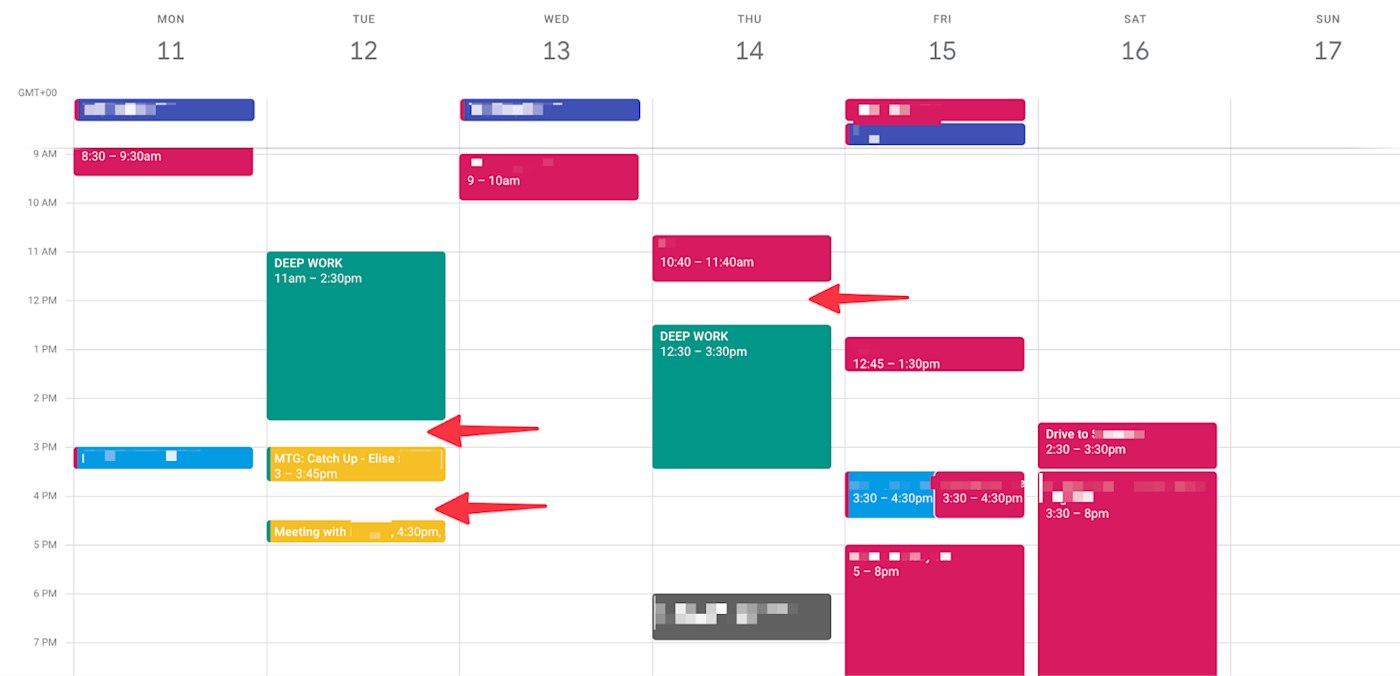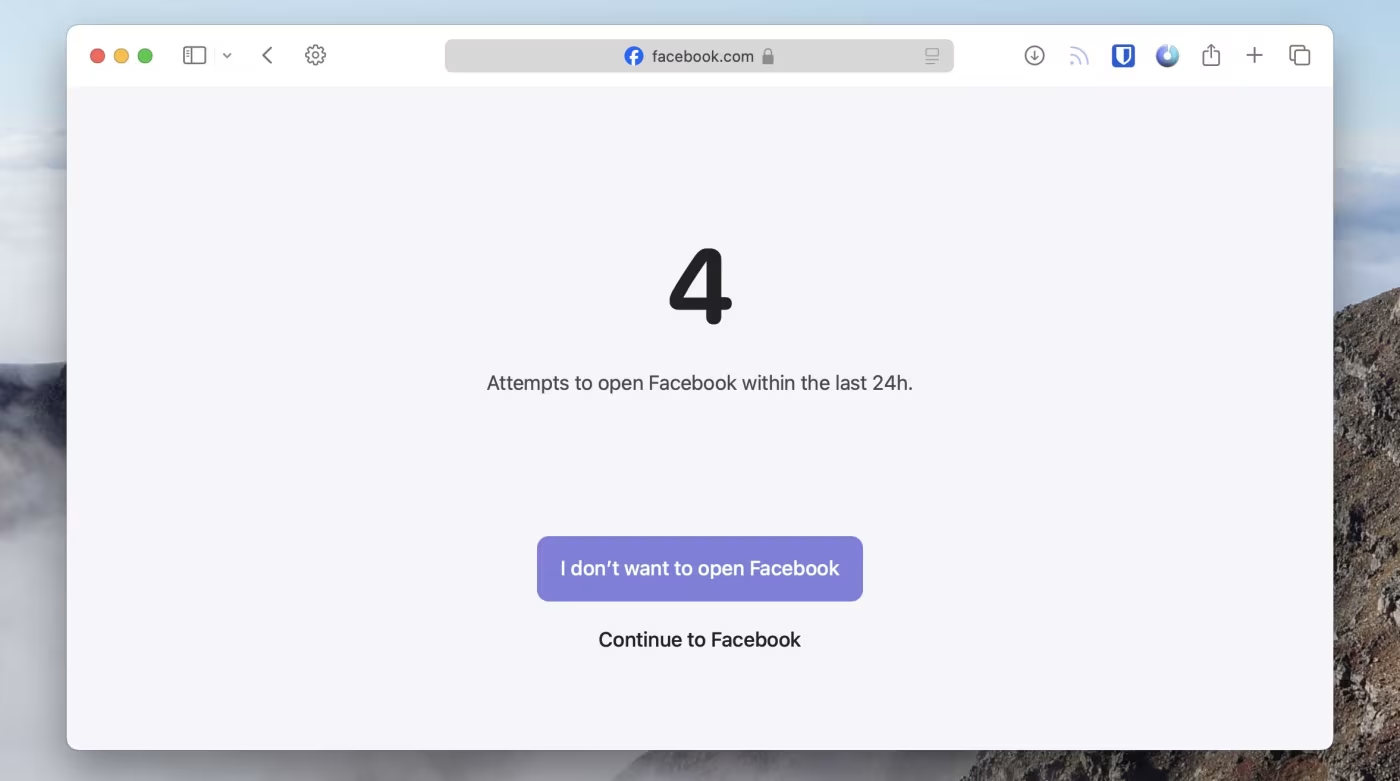I've spent years trying to be the most productive version of myself. I consider myself a pro when it comes to big tasks: I use
project management software to manage multiple freelance projects simultaneously; I have a morning routine where I "eat the frog"; I can whiz through andorganize my inbox in a single sitting.What I'm not so great at are the smaller things. Parcels of clothes that I need to return sit on my kitchen table for days on end. The thought of calling the doctor's office to arrange my bloodwork test? That's a job for another day.
Right now, I'm even sitting on a big check that I need to cash—an errand that I've told myself I don't have time for (despite my screen time saying otherwise).
This article focuses on productivity related to those small, mundane tasks that we don't want to do—call the doctor, return a book to the library, update your social media logins—and explains
how to hack your brain to get them done.What is microproductivity?
Usually, when people talk about microproductivity, they're describing the process of breaking down large tasks into smaller ones. But the microproductivity I'm talking about is more about making smaller time slots more productive—doing microtasks, like annoying errands, instead of putting them off forever.
Anne Helen Petersen, author of Can't Even: How Millennials Became the Burnout Generation,
says that microtasks are affecting Millennials in particular—so much so that we've turned those tasks into a verb: adulting.Microproductivity tips to get more done
Whatever the reason for errand paralysis, you can get on top of your life admin with these
productivity tips.Set a timer with time blocks
Time blocking is a time management technique where you give yourself an allotted time to get something done. I used to write off the idea because of the fear of micromanaging every minute in my day. But then I tried something different: only scheduling urgent tasks, time-sensitive appointments, or deep work on mycalendar app.By doing this, I can see spare time blocks that I can use for microproductivity.

A common one for me is the 15-30 minutes before a meeting. I'd usually spend this time scrolling TikTok or rearranging my office. But now that I can physically see the spare time on my calendar, and knowing that there's a concrete start and end time, it feels less overwhelming to plow through my mini admin to-do list.
Batch mundane tasks
There's no beating around the bush: picking up a prescription or making a phone call isn't fun. (Anyone who disagrees probably isn't reading this article—and also, I'll have what they're having.) It's easy to put them on the "another day" list because we don't get much satisfaction from achieving them and they're not necessarily urgent.
Batching these tasks into one time block means you don't have to go back to that boring headspace every time you do each individual task.You can do a surprising amount in 15 minutes. Instead of doing each of these tasks in separate five-minute blocks…
-
Printing a postage label for a package you need to return
-
Updating your meeting scheduling app availability
-
Changing your social media logins
…take 15 minutes to do them all at once.
Check it off
Most of us get a nice dopamine hit when we cross something off our to-do list—it can even motivate you to get things done. Whether you do this on paper or digitally is up to you, but if you go digital, make sure you pick a
to-do list app with a really satisfying checkbox.Use habit stacking
Productivity hacks only work if they're
sustainable. Habit stacking is a concept that helps you do that—by stacking a new habit on top of an old one. You begin to associate the two things together in your routine, which makes it harder to forget (and stops you from playing catch up).Habit stacking is great if you have smaller tasks to do each day. For example:
-
When I feed my dogs in the morning, I take my vitamins
-
When I make my mid-afternoon coffee, I pay any pending online bills
-
When I'm waiting for my computer to load, I drink a glass of water
The beauty of habit stacking is that the new behavior that you're stacking quickly becomes second nature. It doesn't feel like extra effort you're exerting to get the task done—it just becomes part of your
daily routine.Limit distractions
I often tell myself that I don't have time to do a task that would take 15 minutes—and then promptly waste more than that on something more fun. For example, I don't have time to drive to the post office, but I don't think twice about using the equivalent time
doomscrolling Instagram.Lean on the golden rule of productivity here: limit distractions.
Put on some noise-canceling headphones as you fill out a form you've been putting off, and set your phone to "Do Not Disturb" in a time-blocked errand run. If you struggle with self-control, try a
focus app likeone sec. It prevents mindless scrolling by interrupting your visit to a social media website, making you think twice about your choice to proceed.
Outsource or automate it
Errands are a normal part of adult life, but that doesn't mean you need to force yourself to do them. I have a
running list of tasks that aren't urgent or important. Any task that finds itself on that list for a prolonged period of time gets one (or more) of three treatments:-
Outsourcing. If you're able to lean on someone else—be that a partner, family member, or virtual assistant—outsource the errand and remove it from your plate entirely. For example, reconciling my business's bank account statements is an easy task but not one that I enjoy. I outsource it to a bookkeeper—it's an expense I don't mind paying to get it off my plate.
-
Automation. Most mundane tasks are boring because they're repetitive. You can use
Zapier's automation features to do these recurring tasks on autopilot. For example, Zapier can automatically copy events from your personal Google Calendar to your work calendar, or schedule a check-in with someone who hasn't yet responded to your email. -
Artificial intelligence.
AI tools are great fortranscribing meeting notes,drafting emails, andscheduling meetings—all of which are boring tasks that you don't need to devote your already-limited attention span to. Especially when youcombine AI with automation, it can take a lot of microtasks off your place.
Fewer mental to-do lists; more bandwidth to do the things you love. I'd call that a win.
Take a break
If you're showing
signs of burnout, and the thought of doing a simple errand stresses you out, it's important to take a break. Anne Helen Peterson evenargues that "errand paralysis" is a continuation of burnout—it doesn't have an overnight fix.If possible, take a break from your usual work and daily routine to ask yourself: what is and isn't working for me right now? Identify the source of stress, and plan time (ideally using time blocks!) to build new habits, remove habits that aren't serving you well, and outsource or automate tasks that are still too overwhelming.
You could make this a
healthy work habit by scheduling quarterly check-ins with yourself. Look back at the notes you've kept during the time you've implemented these microproductivity habits. Have they served you well? Where do you need to course-correct to get to where you want to be? What hurdles do you anticipate in the next few weeks, and how can you set yourself up for them?Microproductivity isn't for everyone
Microproductivity will serve you well if you're looking to systematize your approach to errands and mundane tasks, but I'm a big believer that productivity is personal. What works for me might not work for you—so continue to experiment.
But I hope this has given you a starting point to reverse some of your habits, feel like you have more control over your schedule, and put some systems in place to stop feeling like you're behind on adulting.
Related reading: